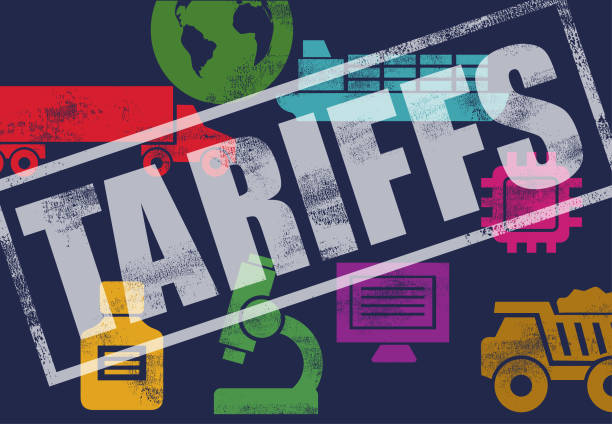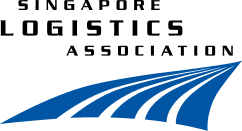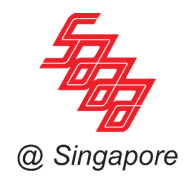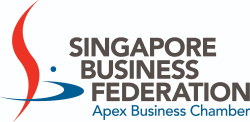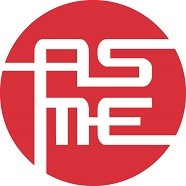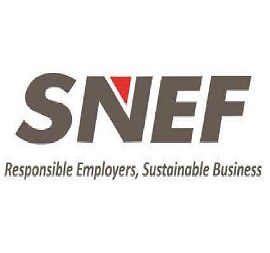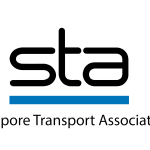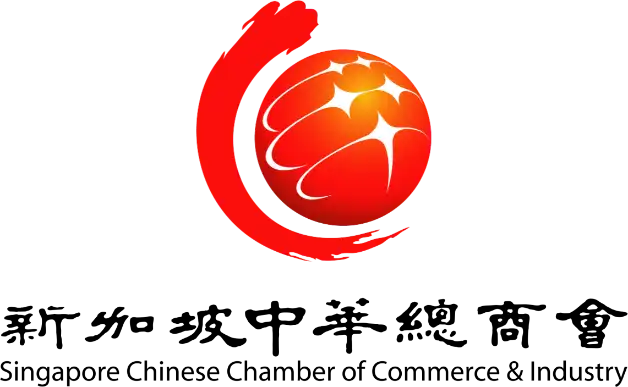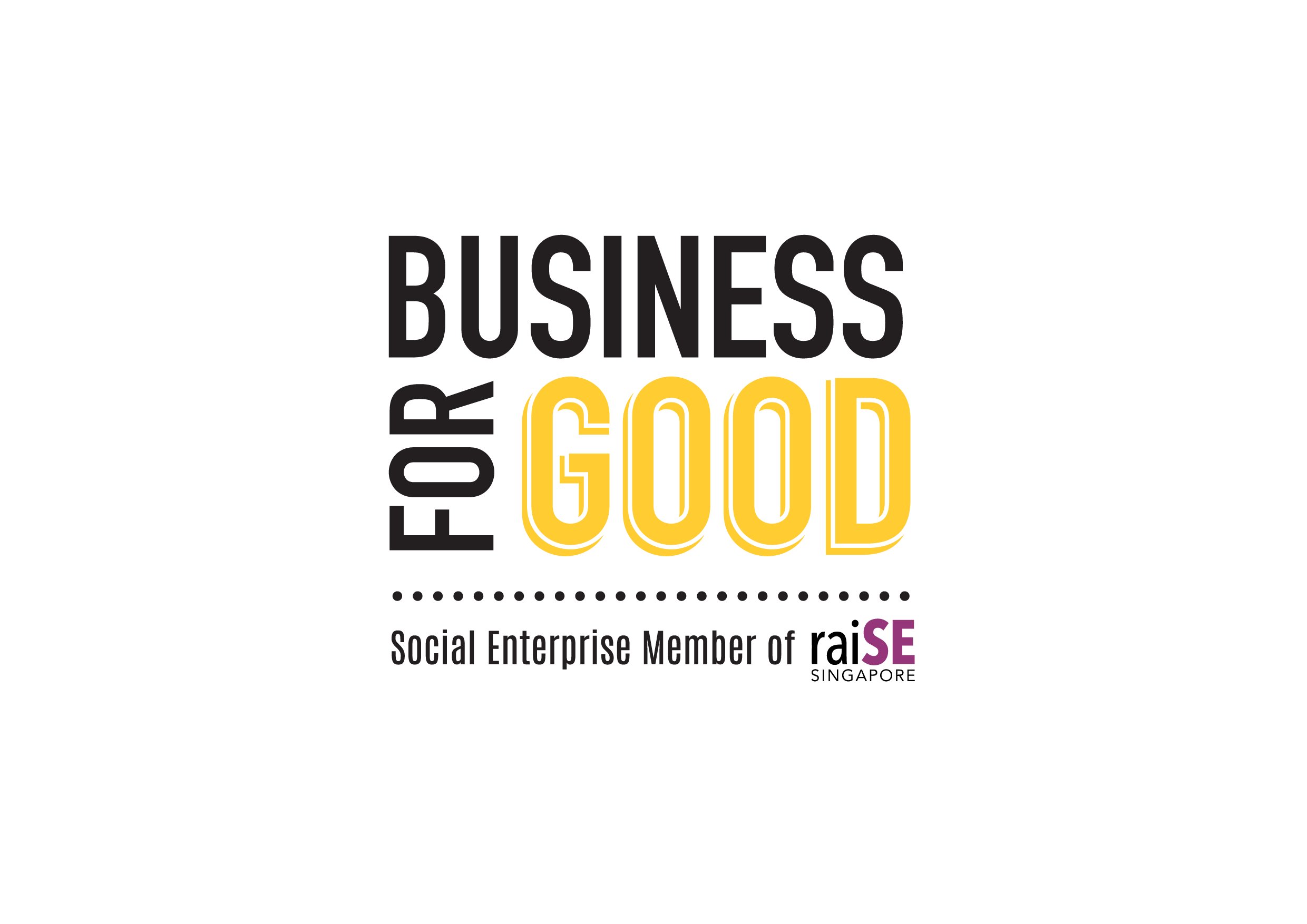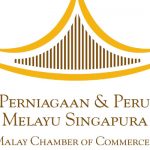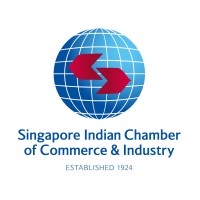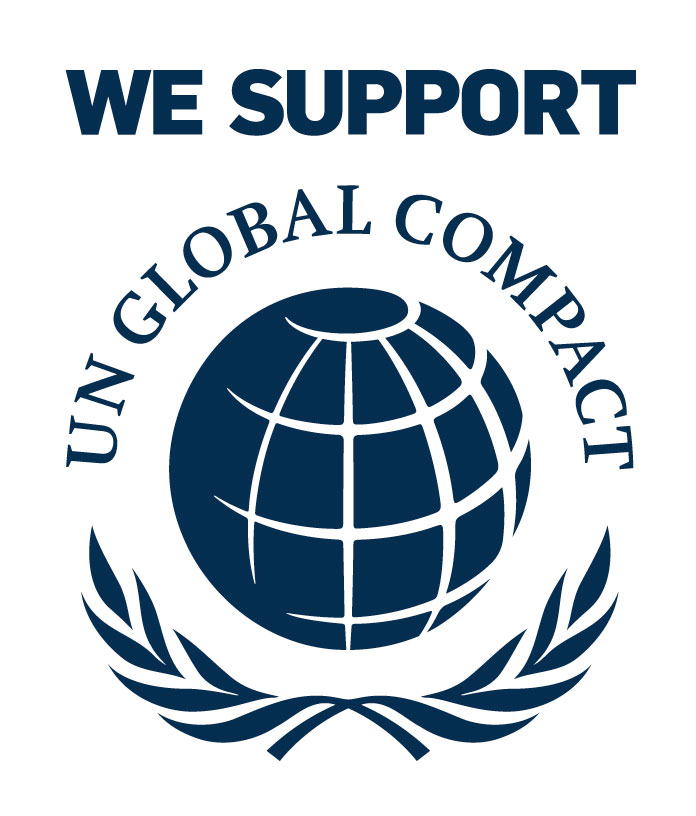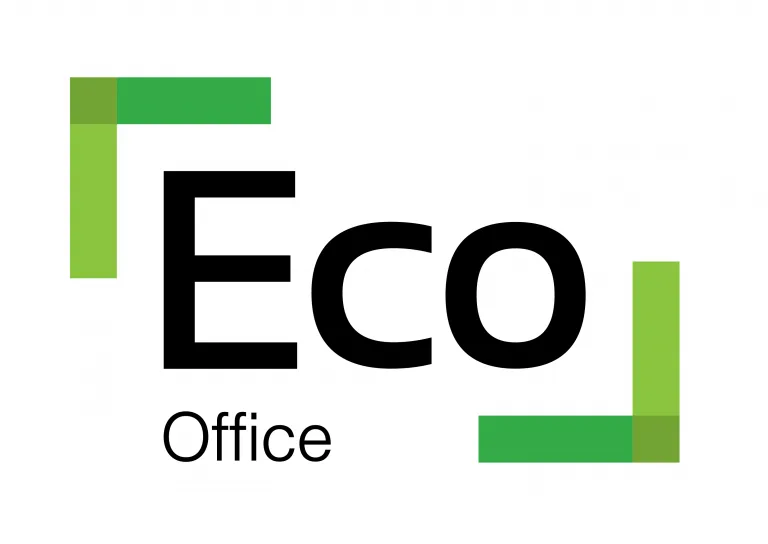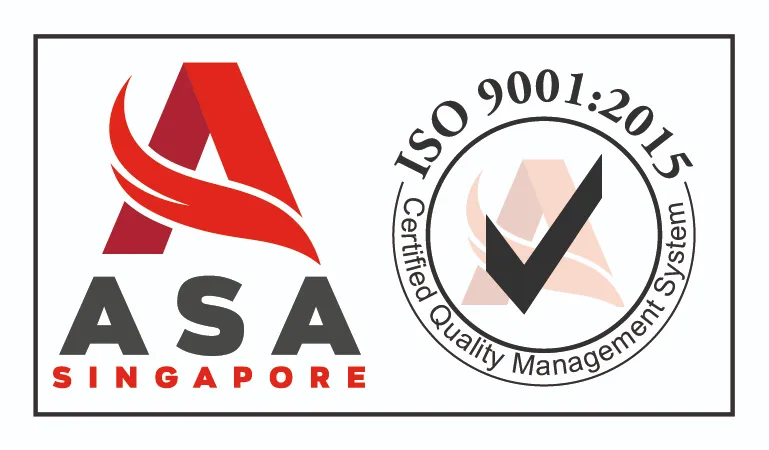For businesses in Singapore, international trade is not just about moving goods from one country to another it’s also about managing costs effectively. One way to reduce costs is by taking advantage of Free Trade Agreements (FTAs) and preferential tariff schemes under regional trade blocs such as ASEAN and beyond.
If your company imports or exports regularly, understanding how these agreements work can translate into significant savings on duties and taxes.
What Are Trade Blocs and Free Trade Agreements (FTAs)?
A trade bloc is a group of countries that agree to reduce or eliminate trade barriers such as tariffs and quotas. An FTA (Free Trade Agreement) is a formal arrangement that grants businesses preferential access to partner markets.
For Singapore-based businesses, this means:
Lower import duties or even zero tariffs on eligible goods
Smoother customs procedures
Improved market access across partner countries
Key Agreements Singapore Businesses Can Leverage
1. ASEAN Free Trade Area (AFTA)
The ASEAN Trade in Goods Agreement (ATIGA) allows goods produced in ASEAN countries to move with reduced or zero tariffs when proper Certificates of Origin (COO) are presented.
2. ASEAN Plus Agreements (ASEAN+1)
Singapore also participates in FTAs between ASEAN and key partners such as:
ASEAN-China FTA (ACFTA)
ASEAN-Korea FTA (AKFTA)
ASEAN-Australia-New Zealand FTA (AANZFTA)
ASEAN-Japan Comprehensive Economic Partnership (AJCEP)
3. Comprehensive and Progressive Agreement for Trans-Pacific Partnership (CPTPP)
This mega-regional agreement covers 11 countries and provides businesses with greater market access and tariff savings.
4. Regional Comprehensive Economic Partnership (RCEP)
As the world’s largest trade deal, RCEP links ASEAN with China, Japan, Korea, Australia, and New Zealand—making it a valuable tool for Singapore traders.

How Preferential Tariffs Work
To qualify for preferential tariffs under an FTA:
Goods must meet the Rules of Origin (ROO).
This ensures products are genuinely produced or sufficiently processed in a member country.
A Certificate of Origin (COO) must be obtained.
This document proves your goods qualify for preferential rates.
Correct HS Codes must be declared.
Misclassification can lead to rejection of preferential claims.

Benefits of Using FTAs and Trade Blocs
Lower Costs: Reduced or eliminated import duties mean better profit margins.
Competitive Advantage: Your products can be priced more competitively in overseas markets.
Market Expansion: Access to larger consumer bases through simplified trade rules.
Supply Chain Flexibility: Easier movement of raw materials and components across borders.

Challenges Businesses Face
While the benefits are clear, many businesses don’t take full advantage of FTAs because of:
Complex Rules of Origin requirements
Misunderstanding of HS code classification
Errors in documentation and COO applications
This is where working with an experienced declaring agent can make all the difference.
In today’s competitive trade environment, every dollar saved matters. By understanding and making full use of ASEAN and other Free Trade Agreements, Singapore businesses can enjoy reduced tariffs, improved efficiency, and stronger market presence.
At Declarators, we assist businesses in navigating the complexities of FTAs and preferential tariff schemes. Our services include:
Correct HS code classification
Advice on Rules of Origin compliance
Preparation and submission of Certificates of Origin
Customs declaration support to ensure smooth clearance
By leveraging FTAs effectively, your business can save on costs, remain compliant, and expand confidently into regional and global markets. Want to unlock tariff savings through FTAs? Reach out to Declarators today!
🌐 www.declarators.com.sg
📧 group@declarators.com.sg
📞 +65 6385 2155
